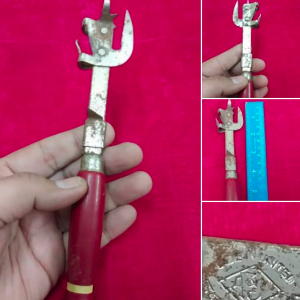Renowned Spanish matador Iván Fandiño’s tragic death in 2017 remains one of the most chilling incidents in modern bullfighting history—a haunting moment that continues to echo through the tightly knit world of professional matadors and beyond.
The fatal incident unfolded at a bullfighting festival in Aire-sur-l’Adour, a small town in southwest France, known for hosting traditional events. Fandiño, then 36 and a well-respected figure in the arena, had already completed a successful bout earlier in the day. However, when he returned to the ring for a second confrontation, no one could have predicted it would be his last.
Fandiño, who hailed from Orduña in Spain’s Basque Country, had built a reputation as a matador willing to face the fiercest bulls—those other fighters often turned away. His technique was marked by both bravery and grace, and his name had become synonymous with fearlessness. That courage, however, came at a devastating cost.
During the fight, he made a misstep—an error so slight it would have been unnoticeable under different circumstances. As he maneuvered his cape, it tangled around his legs, and he stumbled, falling to the sand in a vulnerable heap. Before he could recover, the nearly half-tonne bull charged and gored him with brutal force.
The horn pierced Fandiño’s side, causing catastrophic internal injuries. Reports confirmed that his lungs were punctured and other vital organs severely damaged. Though he was alert and conscious immediately after the goring, his condition rapidly deteriorated. Eyewitnesses recounted the heartbreaking moment as he was lifted by medics onto a stretcher. His final words—uttered through gritted teeth and intense pain—were: “Hurry up, I’m dying.”
Fandiño suffered a fatal heart attack before he could reach the hospital.
News of his death sent shockwaves through Spain and the broader bullfighting community. Fellow matador Juan del Álamo, who was in the arena at the time and eventually killed the bull that had struck Fandiño, was among the first to react. Still processing what had happened, he said, “I can’t believe it. None of us understand how it could have happened; it was all so fast. The bull knocked him down with its hindquarters and he fell face down.”
Those close to Fandiño knew his career had not been without its risks. In 2014, he was rendered unconscious during a fight in Bayonne, France, after being tossed violently by a bull. A year later, in Pamplona, he was again thrown into the air during a traditional San Fermín festival bout. Despite these encounters, Fandiño continued to fight, driven by a passion few could understand and a sense of duty to uphold a cultural tradition that defined his life.





